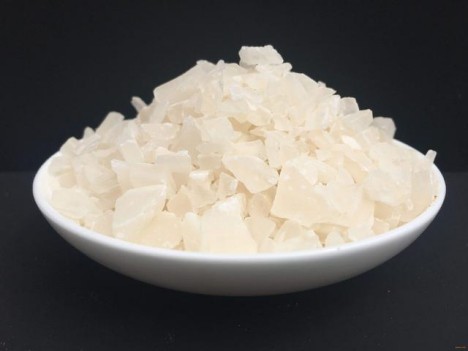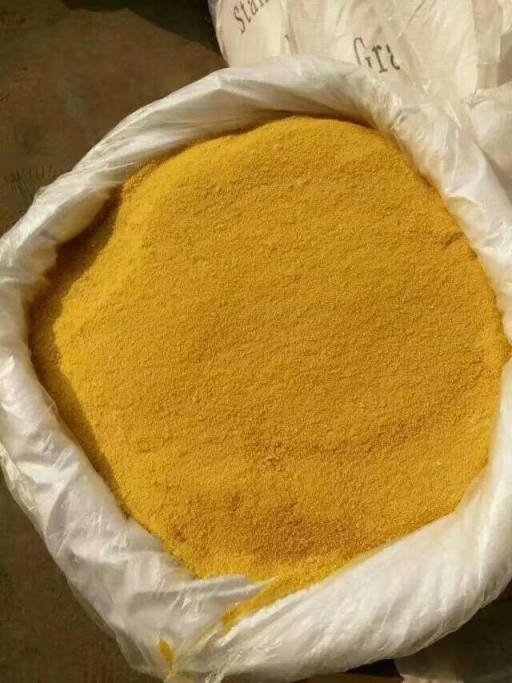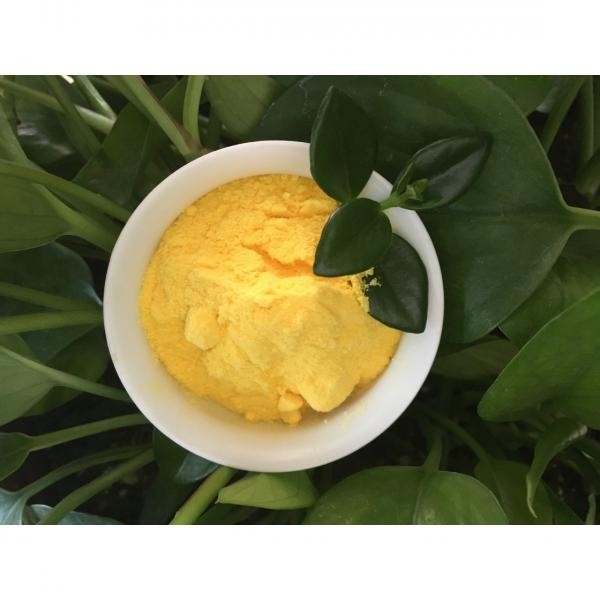What is the difference between poly aluminum chloride and aluminum sulfate? Which one is better for sewage treatment?
Introduction of aluminum sulfate
Aluminum sulfate is a widely used industrial reagent and is often confused with alum. Aluminum sulfate is usually used as a flocculant for purifying drinking water and sewage treatment equipment, and it is also used in the paper industry.

Under natural conditions, aluminum sulfate hardly exists in the form of anhydrous salt. It forms a series of hydrates, of which Sixteen aqueous aluminum sulfate is the most common.
Aluminum sulfate is also a very effective mollusk insecticide, which can kill Spanish slugs.
Aluminum sulfate is used for water purification and as a medium in the printing and dyeing of textiles. In water purification, it condenses impurities, making it easier to settle and filter.
When dissolved in a large amount of neutral or slightly alkaline water, it produces colloidal precipitation of aluminum hydroxide, Al(OH)3. When printing and dyeing cloth, the aluminum hydroxide colloid makes it easier for the dye to adhere to the plant fiber.
Aluminum sulfate is also used to adjust the pH of the soil because it hydrolyzes to produce aluminum hydroxide while producing a small amount of dilute sulfuric acid solution.
Introduction of poly aluminum chloride

Polyaluminum chloride is an inorganic polymer coagulant. It is an inorganic polymer water treatment agent with a larger molecular weight and higher charge due to the bridging effect of hydroxide ions and the polymerization of polyvalent anions. The molecular formula is as follows: [AL2(OH)nCL6-n] (n is 1-5.m≤10) Basicity: B=n/6×100%
The coagulation effect of poly aluminum chloride is as follows:
a. Strong electric neutralization of colloidal substances in water.
b. The hydrolysate has excellent bridging and adsorption of suspended solids in water.
c. Selective adsorption of soluble substances.

2. The properties of poly (combined) aluminum chloride:
a. The purified water quality is better than aluminum sulfate coagulant, and the water purification cost is 15-30% lower than that.
b. The flocs form fast and settle quickly, and the processing capacity is larger than that of traditional products such as aluminum sulfate.
c. The alkalinity of the consumed water is lower than that of various inorganic coagulants, so there is no need to add or use fewer alkalis.
d. The suitable source water pH range of 5.0-9.0 can be condensed.
e. Low corrosiveness and good operating conditions.
f. The solubility is better than aluminum sulfate.
g. There is little increase in salt in the treated water, which is conducive to ion exchange treatment and high-purity water production.
h. The adaptability to the temperature of the source water is better than that of inorganic coagulants such as aluminum sulfate.
For more information about water purification agents, Polyacrylamide, polyacrylamide, and water treatment, please pay attention to Shanghai Vcycletech. Thank you for your support and forwarding.